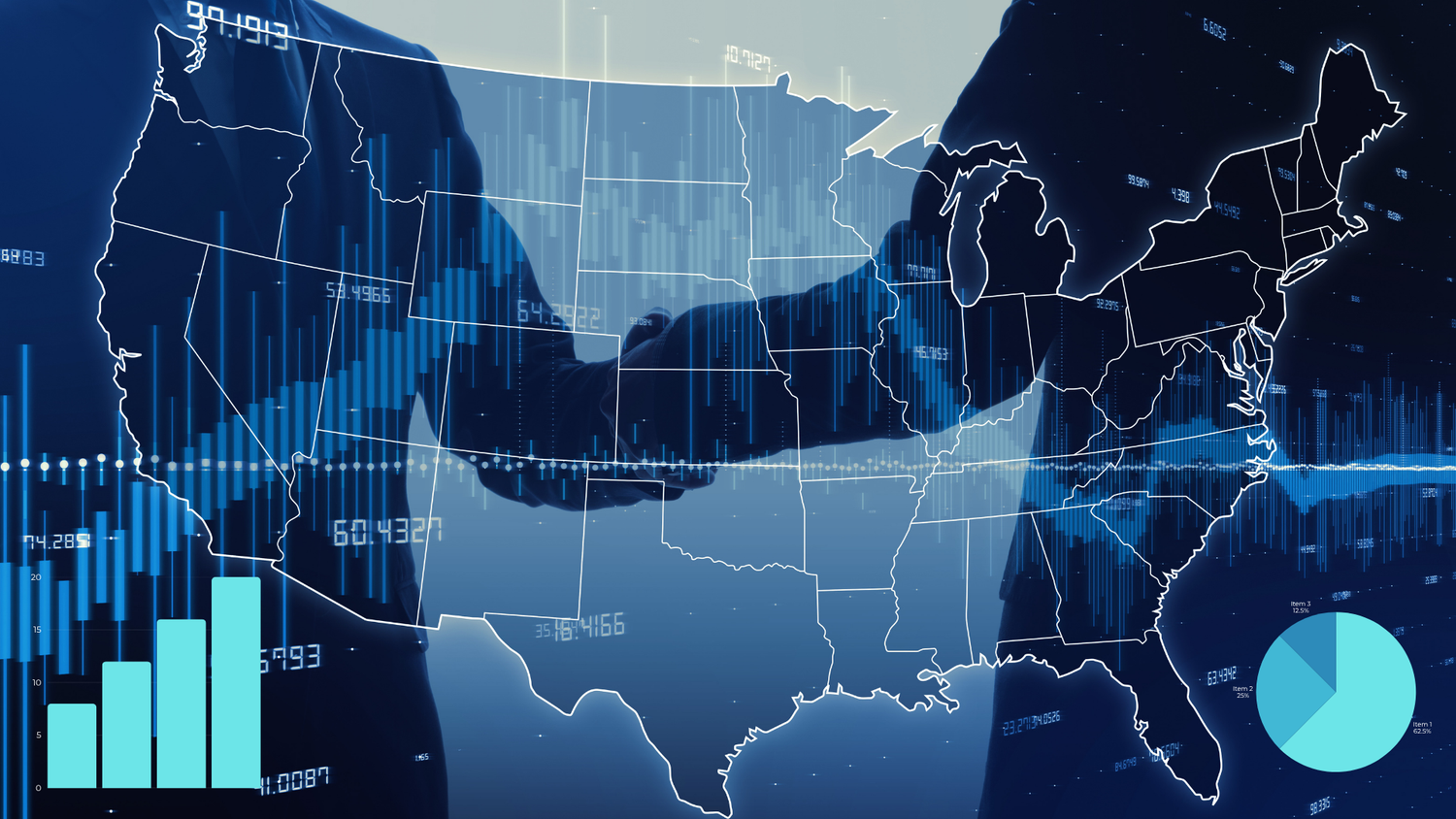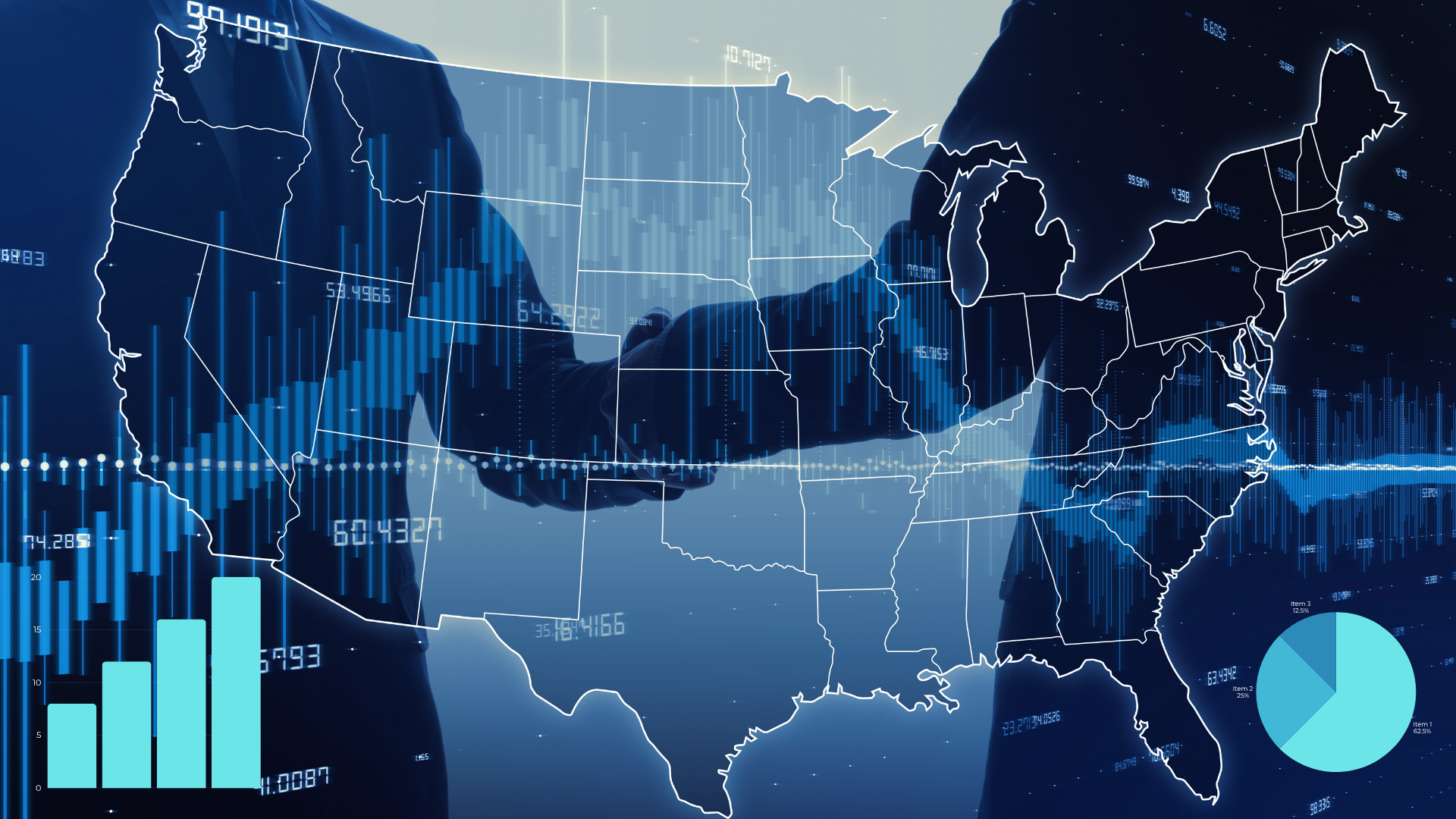What is considered illegal surveillance? What is privacy policy? Online privacy has become a growing concern for many, especially as technology becomes more integrated into daily life. In the United States, government surveillance and data collection practices often raise important questions, but the full story is more nuanced than headlines suggest. Let’s take a calm, clear look at how data is handled, what protections exist and what steps you can take to protect your digital footprint.
Understanding government surveillance in the U.S.
Government surveillance in the U.S. includes programs run by agencies like the NSA that collect digital data for national security and intelligence purposes. Since 2013, it’s been public knowledge that metadata from phone calls and internet activity may be collected under certain laws, such as the Patriot Act and FISA (Foreign Intelligence Surveillance Act).
This doesn’t mean everyone is being “watched.” Rather, large data sets are sometimes scanned for patterns that could relate to national threats. Still, questions remain about oversight, accountability and where the line is drawn.
What is considered illegal surveillance?
In general, U.S. law allows surveillance when it’s authorized by a court or clearly justified by law, especially in criminal or national security contexts. What is considered illegal surveillance is surveillance without a proper legal basis, such as tracking people without a warrant or misusing personal data beyond its intended purpose.
The debate continues over certain programs, especially under Section 702 of FISA, which allows the collection of foreign intelligence but can sometimes also include U.S. citizens’ data by accident. Civil liberties groups are urging Congress to improve transparency and safeguards.
States with data privacy law
While there’s currently no single federal privacy law in the U.S., several states have stepped up. States with data privacy law include:
- California, with the California Consumer Privacy Act (CCPA)
- Colorado
- Virginia
- Connecticut
- Utah
These laws give residents more control over their data, such as the right to access it, delete it or opt out of data selling.
What is privacy policy and why does it matter?
A privacy policy is a statement from a company or organization about how it collects, uses and protects your personal data. In the U.S., companies are generally required to publish these policies, but the strength and clarity of protections can vary widely.
Reading these policies can give you insights into how your data is handled. Look for whether the company shares data with third parties, if they offer opt-outs, and how they store sensitive information.
Public data and responsible use
One growing concern is how public or commercial data, originally collected for helpful reasons, is now sometimes reused by government agencies. For example, school surveillance footage or health data might be repurposed for security or law enforcement.
While this can support public safety, experts urge governments to be transparent about such uses. Clear guidelines help maintain trust and ensure that data isn’t being used in ways people didn’t expect.
How to protect your digital footprint
Good news: there are practical ways to reduce how much of your data is collected or exposed. If you’re wondering how to protect your digital footprint, consider these tips:
- Use messaging apps with end-to-end encryption, like Signal.
- Install browser tools that block trackers and ads.
- Regularly update passwords and use two-factor authentication.
- Review the privacy settings on your social media accounts.
- Avoid oversharing personal information online.
These steps don’t require major technical skill, but they can make a big difference.
Data privacy solutions for individuals and businesses
As awareness grows, both consumers and businesses are exploring better data privacy solutions. This includes:
- Consent management tools
- Privacy-friendly analytics software
- Secure cloud storage
- CCPA-compliant systems
Being proactive about privacy isn’t just about avoiding risks, it’s also about creating a more respectful digital environment for everyone.
Privacy protection in a changing legal landscape
The privacy laws of the United States are evolving. Federal lawmakers continue to discuss nationwide legislation, while states experiment with new protections. As a user, staying informed helps you make confident choices about the services and platforms you use.
And when a data leak does happen, which is still a risk, knowing your rights can help you respond more effectively.
Final thoughts: Stay aware, not alarmed
Is the U.S. government spying on you? In most cases, probably not in the way movies suggest. But it’s true that data is collected, by both governments and companies and that privacy expectations are changing fast. Some data may be collected through broader systems, but that doesn’t mean you’re being individually tracked.
Instead of panic, the best response is awareness. Read policies, understand your rights and take simple steps to stay in control of your online life. Online privacy doesn’t have to be scary, it just requires attention.










